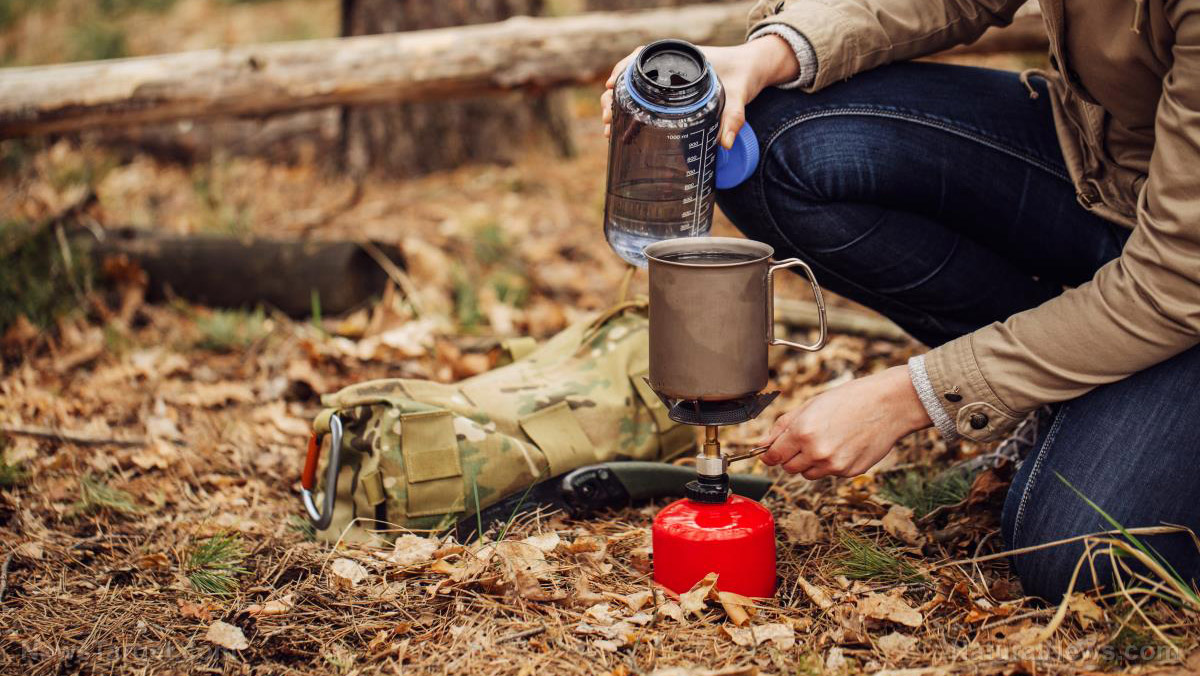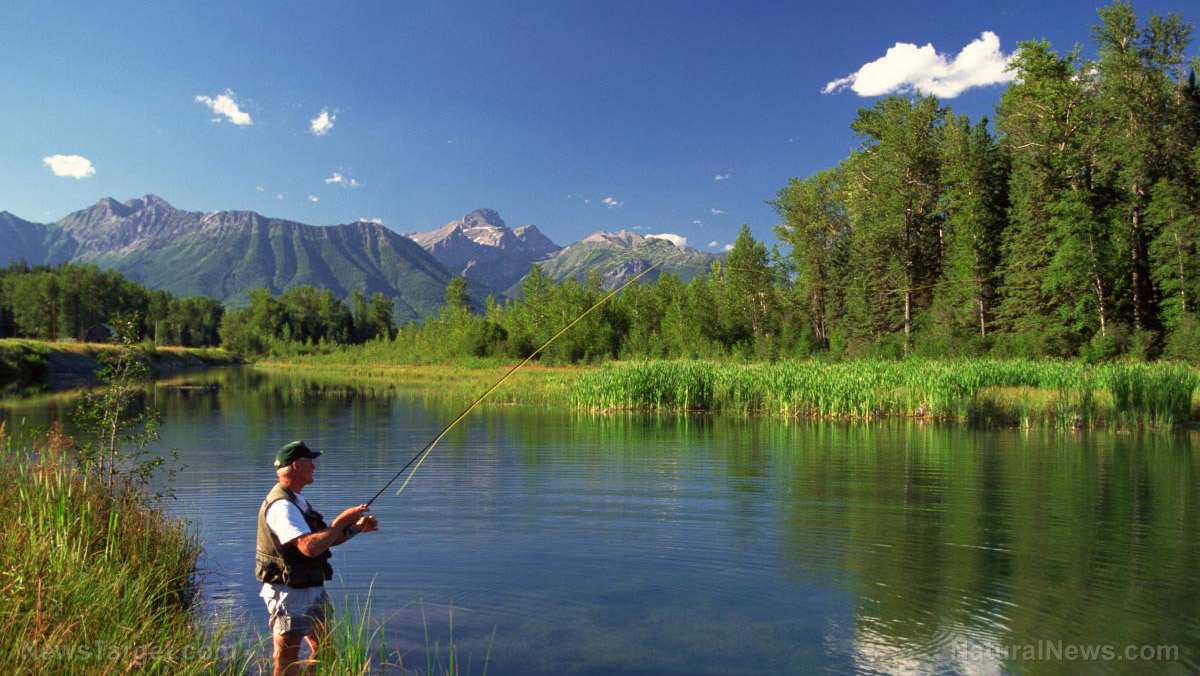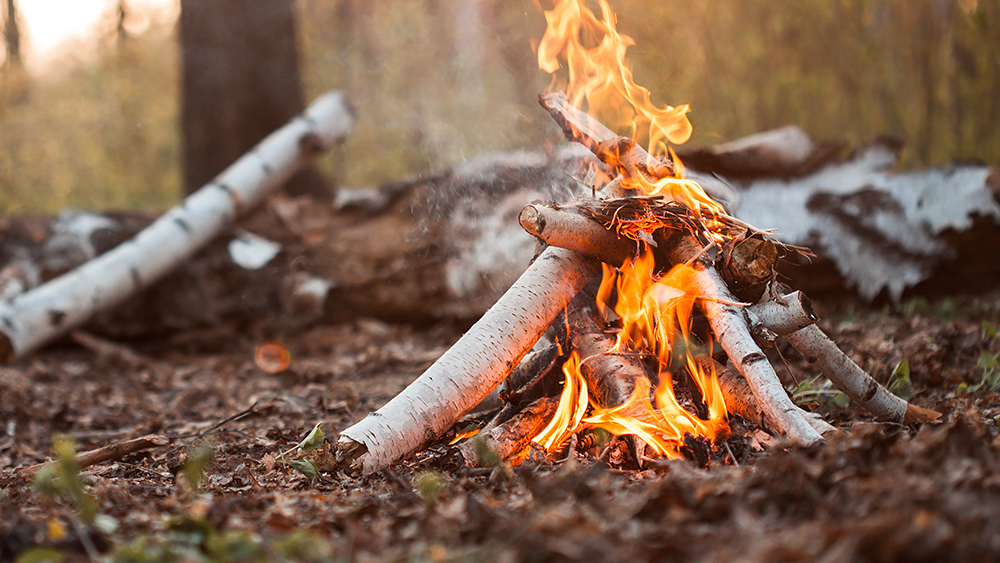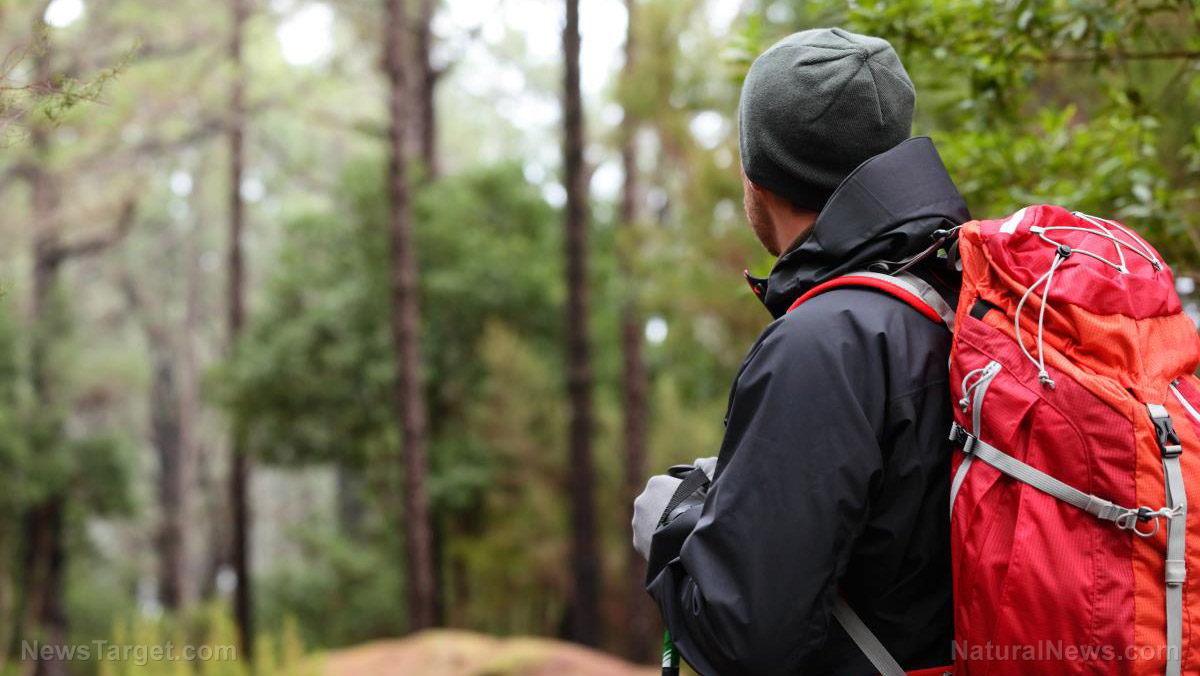
In a survival scenario, you can last for a few weeks without food – but you can't last as long without clean drinking water. Learn how to find and purify water so you can stay hydrated even if SHTF. (h/t to ScoutingMagazine.org)
The symptoms of dehydration
While you can survive for a few days without water, dehydration will significantly reduce your body's ability to function.
Generally, a person needs about eight glasses of water a day, but this can change depending on factors like underlying health conditions, your physical activity level, or where you live.
The National Academy of Sciences, Engineering and Medicine recommends drinking at least half an ounce to one ounce of fluid, including water, daily for every pound you weigh. For example, if you weigh 150 pounds, you need to drink at least nine and a half to 18 and three-fourth cups of fluid per day.
Going beyond the three to four percent of lost fluid volume pushes you into one of three stages of dehydration.
- Mild dehydration occurs when five to six percent of body fluid is lost. Symptoms include dizziness, fatigue, and headaches. A person with mild dehydration becomes sluggish.
- Moderate dehydration occurs when seven to 10 percent of body fluid is lost. Symptoms may include dry skin, a pulse that's faster than normal, low blood pressure, and reduced urine output. Skin will tent when pinched instead of springing back.
- Severe dehydration occurs when you lose more than 10 percent of body fluid. This is dangerous because this can cause loss of consciousness. A person who's severely dehydrated may have seizures and losing 15 to 25 percent of fluid volume results in death.
How to find water in the wild
Before you completely deplete your water supply, look for an alternative source. If you're outdoors, primary sources of water include creeks, rivers, and streams.
To locate a primary water source, observe the topography of the area. Try walking downhill. Water readily flows downhill and valley bottoms may contain a water source.
You can also try to find stagnant bodies of water such as lakes or ponds. Once you locate a water source, check the shoreline or look upstream for contaminants like animal carcasses.
Going higher up a water table gets you closer to water that's free from pollutants and decaying matter.
Never drink straight from a clean-looking water source without filtering the water. Contaminants aren't always visible to the naked eye, so always boil or filter water before drinking it.
Keep an eye on changes in vegetation that indicate a nearby water source. An area where vegetation is darker or denser than the surrounding area is a good place to dig for water.
Observe wildlife
Animal trails can lead to water. If you see several game trails, they can make a formation similar to a series of veins.
Study the trails and find an area where the sections join and form a "V." Sometimes, the point of the "V" can lead you to water.
Generally, wild creatures urinate and defecate in the same place they drink. When you find a water source, move several hundred yards away from the area where the game trail meets the water, then gather water upstream.
Finding water in winter
If you're looking for a water source in winter, gather ice, slush, or snow. Start a fire to melt and purify the snow before drinking it. (Related: Water is life: 10 Ways to purify water when SHTF.)
If you don't have firestarting tools, fill your water bottle with snow and keep it in your clothing during the day or in your sleeping bag at night. This method takes longer than boiling water, but once the snow melts the rest will melt much faster.
Should you drink untreated water?
If you're already experiencing the symptoms of dehydration, it might be better to drink untreated water instead of passing out during a dangerous situation. Do this as a last resort. Drinking untreated water can cause diarrhea or stomach pain, which is the last thing you need when SHTF.
In a survival scenario, conserve your water and look for water sources before your supply runs out. Always treat contaminated water before drinking to avoid getting sick.
Sources include:
Please contact us for more information.





















